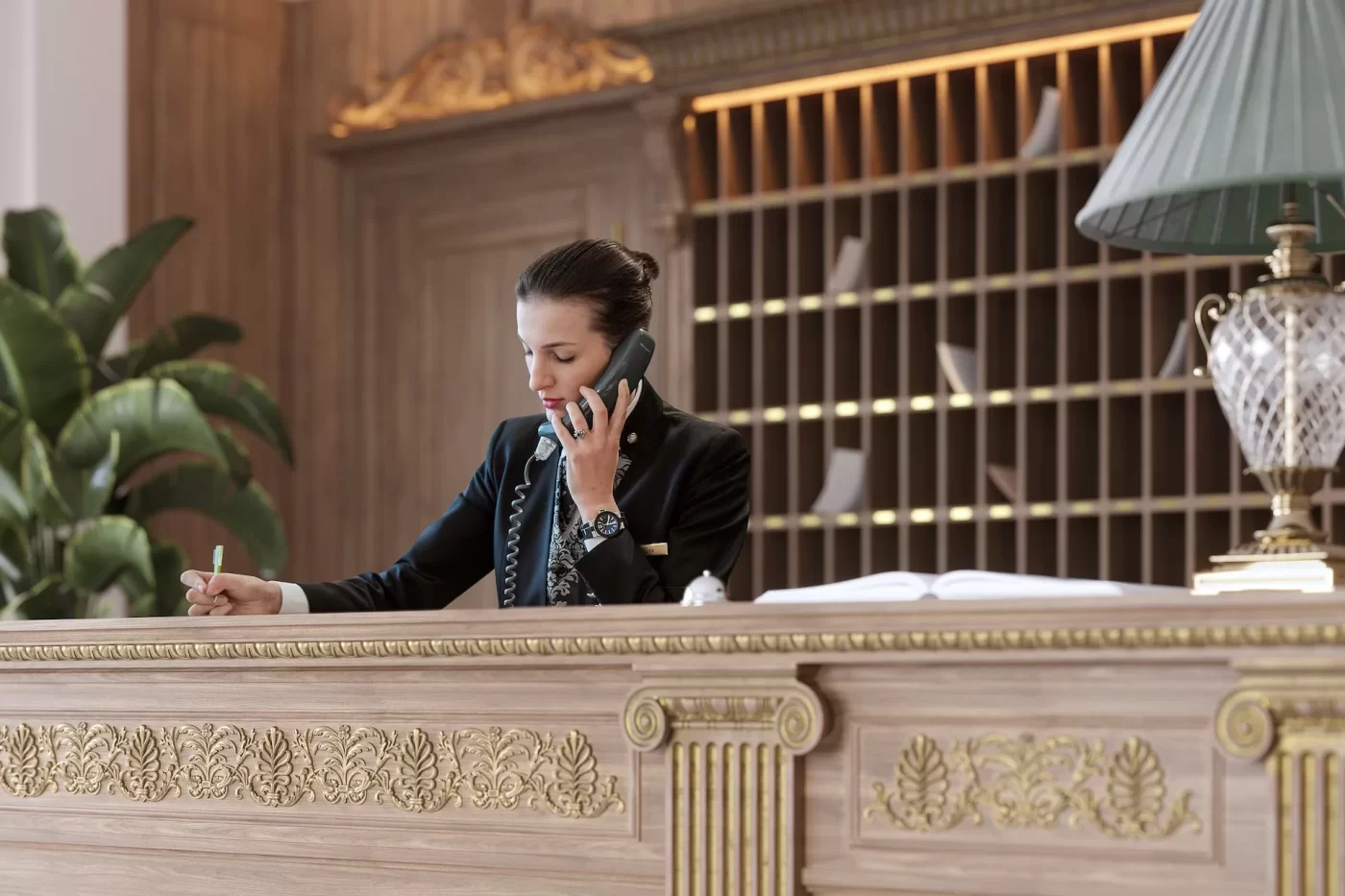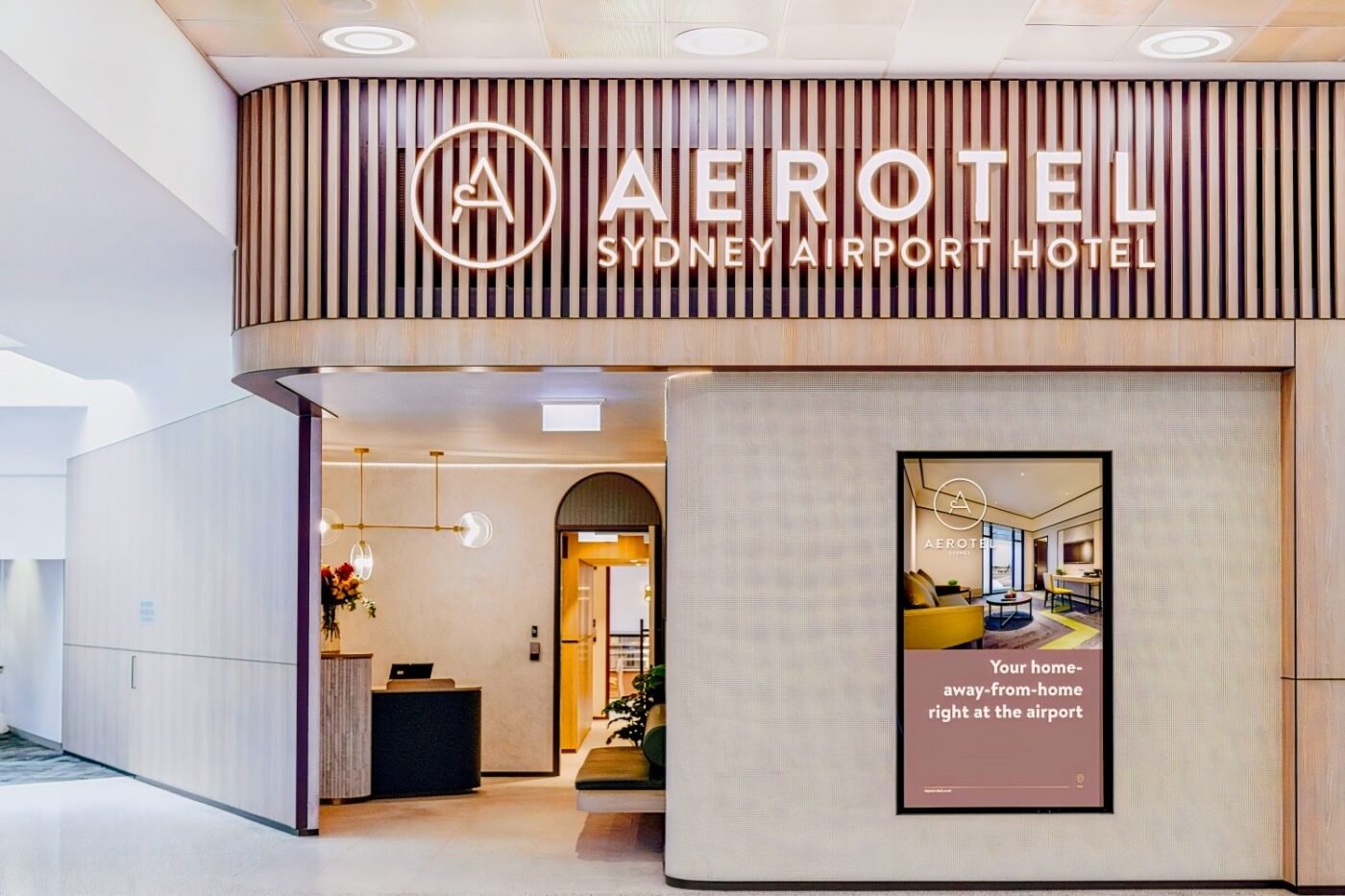Is it better to book directly with hotels or use third parties such as online travel agents (OTAs)?
The short answer is: it depends. Most accommodation providers would prefer you booked via their own portal, but booking direct doesn’t always offer the best deal.
What are the benefits of booking directly with hotels?
Booking direct means you get to deal directly with the hotel or accommodation provider if there are any issues or disputes – it cuts the middleman out of the equation. It also means the hotel doesn’t have to pay the third party a commission, saving them money.
Related Stories
To encourage people to get onboard, accommodation providers sometimes provide benefits such as free breakfast, WiFi, or drinks vouchers to those who book direct. However, if you are a hotel loyalty programme member, you generally won’t accrue points or status or receive status benefits if you book through a third party.
But OTAs survive, and some even thrive, suggesting plenty of people are willing to forego any direct booking benefits and risk sometimes lousy third party customer service if any issues arise.

Why do people still book through third-party sites?
The primary reason people go down the third party route to book accommodation is cost. A second reason is convenience — OTAs generally offer a wide choice of different accommodation types across multiple price points. Another reason is familiarity. If you’ve used a particular third party service before, know how they work, and have never had a negative experience with them, it’s going to encourage repeat use.
Your run-of-the-mill OTA generally allows you to put together a fairly specific hotel booking. For example, if you want a two-bedroom oceanfront apartment with full laundry, a cat flap, and breakfast included every morning, you can book that.
Qantas Hotels is a good example of when it can make sound sense to step outside the booking direct ecosystem. The airline frequently sends out discount vouchers for Qantas Hotels and combined with regular points promotions, this can offer far better value than booking directly. If you’re not captured by any particular hotel loyalty scheme, booking via portals such as Qantas or Virgin Australia Hotels can be a good choice.

Many American Express cardholders direct their travel bookings through the Amex Travel website. Like Qantas Hotels, Amex often offers some sweet deals to cardholders, especially its premium cardholders. The company also has its own loyalty programme, the flexible and well-regarded Membership Rewards. Another point of difference that puts Amex above your average third party operator is if an issue arises with the booking, you can expect a far swifter resolution talking to an Amex agent than when talking to an OTA chatbot.
A physical travel agency also acts as a third party hotel booker, although you often pay a premium for booking with a real person. On the flipside, if your hotel in Istanbul refuses to honour your reservation, it is the travel agent’s job to sort the issue, no matter the time of day (or night). You won’t get that kind of service at Expedia.
Choosing your third party hotel booker carefully can negate much of the risk of not booking directly. You can book purely on cost and stick with something like lastminute.com, which might be fine for two weeks at the Moroccan at Surfers Paradise. However, it is a more risky proposition for eight cities in eight weeks in South America.
How can you choose a trustworthy third-party booking service?
Some research before hitting the buy button can also go a long way. A simple online search will tell you some basic stuff, like whether that lovely-looking guesthouse in Barcelona still operates and whether it has a chronic cockroach problem.
Certain OTAs, such as Booking.com, are hotbeds for scams these days and should be treated with caution. If something looks suspicious (i.e., there are rooms available on the OTA site on a particular date but none on the hotel’s site), contact the accommodation directly to verify that everything is in order.

For example, the Aerotel at Sydney Airport releases rooms to OTAs before they are available on their own booking platform. It’s an oddball arrangement that raised a red flag. But a call to the Aerotel reception desk before making a booking the other week confirmed everything was okay.
A simple online search on the merits of booking hotels and accommodation via third parties versus booking direct shows most advice skews towards booking direct. Booking directly with hotels is not foolproof, but it is generally seen as the more reliable option than using third parties.
However, OTAs and other third party operators only exist because people use them. And people use them because they mostly provide a pain-free booking experience. You tend to hear only about the random horror stories, not the millions of OTA bookings that go off without a hitch. Barebones OTAs can work really well for simple itineraries, and a physical travel agent, even a bog-standard Flight Centre, can help with more complex itineraries and become viable cost-saving alternatives to booking direct.


